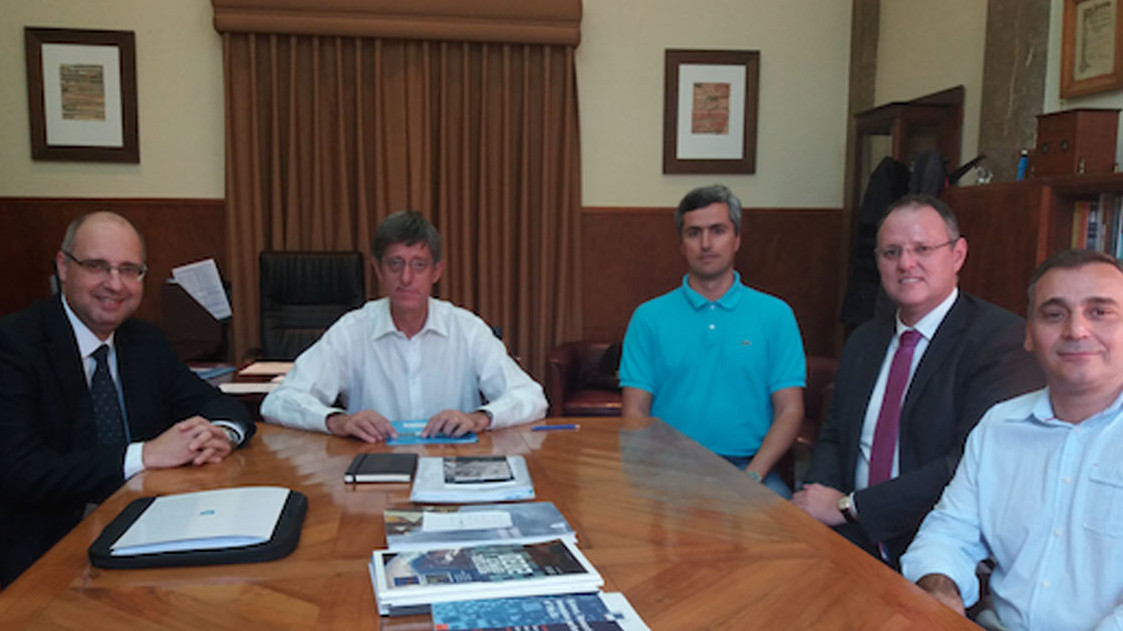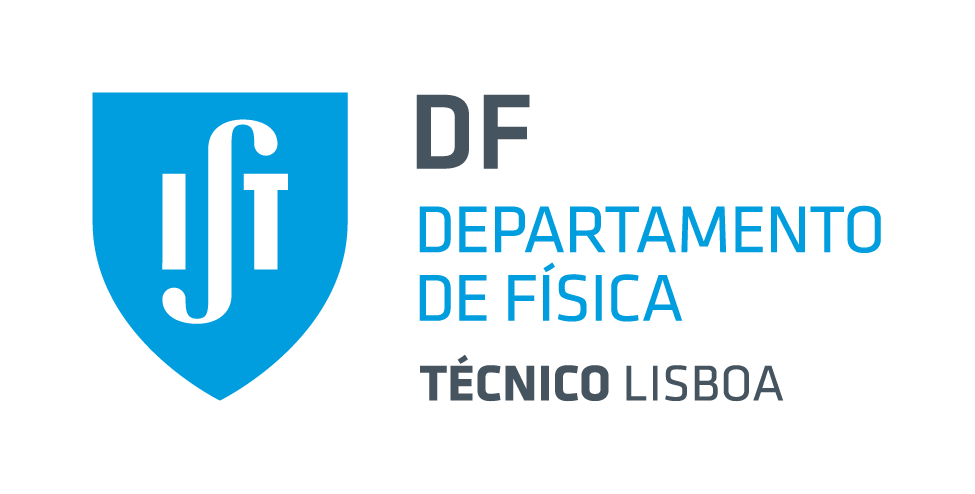Newsfrom our faculty members and students
Professor Steve Cowley to lead PPPL
May 18 2018Professor Steve Cowley, a member of the External Advisory Board of APPLAuSE and member of faculty selection committees at IST, has been named director of DOE’s Princeton Plasma Physics Laboratory effective July 1 2018 . We wish Prof. Cowley all the success in his new endeavour, and we look forward to strengthen the collaborations between PPPL/Princeton University and IST.
Professor João Pedro Bizarro appointed as Associate Professor
February 28 2018Professor João Pedro Bizarro has been recently appointed as Associate Professor in the Physics Department as a result of a recent call. Prof. Bizarro's research addresses theory and modelling of tokamak plasmas, friction in thermodynamics, and discrete Wigner functions. Currently Prof. Bizarro also serves as the Program Director of the APPLAuSE PhD Program.

New faculty members formally join DF
February 04 2018The newly appointed faculty members of the scientific area Bruno Gonçalves, Carlos Silva, and Rui Coelho have now formally signed their contracts as permanent research faculty (or tenure-track in the case of Rui Coelho) as, from right to left in the picture, Principal Researcher (Carlos Silva and Bruno Gonçalves) and Assistant Researcher (Rui Coelho), strengthening the competencies of the department in Nuclear Fusion. We welcome the new faculty members to the Department of Physics and the scientific area of Plasma Physics, Lasers and Nuclear Fusion.
Professor Artur Malaquias appointed for three-year term as ITER Scientist Fellow
February 02 2018Artur Malaquias, Assistant professor at the Physics Department of IST and researcher at the Instituto de Plasmas e Fusão Nuclear (IPFN), has been appointed to three-year term as ITER Scientist Fellow. ITER is an experimental test fusion reactor being built in France (ITER.ORG) that aims to demonstrate the feasibility of produce and control thermonuclear fusion reactions. It is the largest and the first fusion reactor expected to achieve thermonuclear fusion energy gain, meaning that it will produce more energy from the nuclear fusion reactions than the energy required to sustain the magnetized hot plasma (100 million C). The plasma is the forth state of matter obtained by heating up a gas until the electrons are all stripped from the atoms. It is the normal matter state of all stars including our Sun, also powered by fusion reactions. The energy from controlled fusion reactions can in principle provide energy for mankind for several centuries and does not produce greenhouse gases neither long leaving nuclear waste. Controlling the ITER hot plasma and sustain the fusion reaction rate is a tremendous challenge that needs to be demonstrated in an undisputable reliable way for fusion energy to be a real option for mankind. Sophisticated and engineering challenging diagnostics are being designed and construct to be the "eyes" that probe the hot plasma parameters, reaction rate and overall machine control and protection. Artur will join a network of internationally recognized researchers who will consult with ITER in the area of diagnostic design and integration. Artur has recognized experience in the field of hot plasma diagnostics. He worked for the engineering design phase of ITER (2000-2003) in the area of diagnostic conceptual design. In ISTTOK he designed and commissioned the Heavy Ion Beam Diagnostic, still in operation for over twenty years thanks to the continuous upgrades implemented under his responsibility. He also was responsible for managing several European research programmes for ITER diagnostics studies. He also leads the Portuguese team working in the design and integration of diagnostics for DEMO, the demonstration fusion power plant expected to be built after ITER.
Professor Marta Fajardo and Professor Jorge Vieira distinguished as "Docentes Excelentes IST 2016/2017"
January 05 2018Professor Marta Fajardo and Professor Jorge Vieira have beem distinguished as "Docentes Excelentes 2016/2017". This distinction, aimed at promoting teaching excellence, is based on the students' feedback to the courses taught in the academic year 2016/2017, for the courses "Laboratório de Física Experimental Avançada" (Professor Marta Fajardo) and "Ondas e Instabilidades em Plasmas" (Professor Jorge Vieira)
